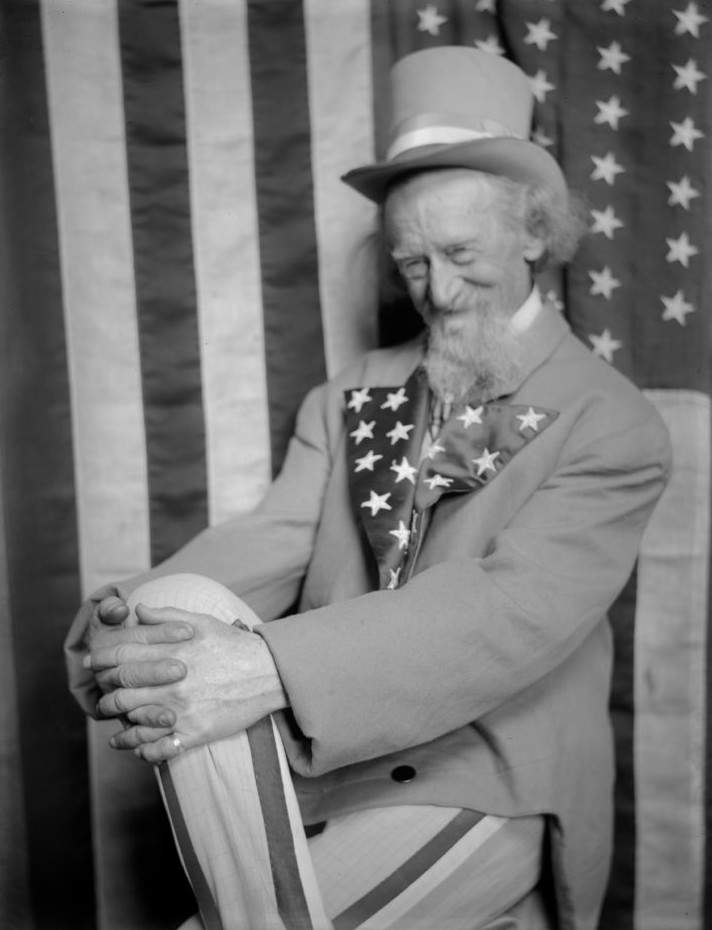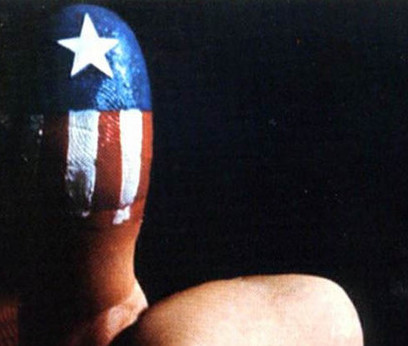A little more from Joseph Nye, author of Is the American Century Over?, who takes a largely sanguine view of our path forward, arguing that the U.S. still has great assets while acknowledging that it will no longer be lonely at the top. From Nye in the Financial Times:
A century is generally the limit for a human organism but countries are social constructs. Rome did not collapse until more than three centuries after it reached its apogee of power in 117AD. After American independence in 1776 Horace Walpole, the British politician, lamented that his nation had been reduced to the level of Sardinia, just as Britain was about to enter the industrial revolution that powered its second century as a global power.
Any effort at assessing American power in the coming decades should take into account how many earlier efforts have been wide of the mark. It is chastening to remember how wildly exaggerated US estimates of Soviet power in the 1970s and of Japanese power in the 1980s were. Today some see the Chinese as 10ft tall and proclaim this “the Chinese century”.
China’s size and relatively rapid economic growth will bring it closer to the US in terms of its power resources in the next few decades. But this does not necessarily mean it will surpass the US in military, economic and soft power.
Even if China suffers no big domestic political setback, many projections are simple linear extrapolations of growth rates that are likely to slow in the future. Moreover, economic projections are one dimensional. They ignore US military and soft power advantages, such as the desire of students around the world to attend US universities. They also overlook China’s geopolitical disadvantages in the Asian balance of power, compared with America’s relations with Europe, Japan and India, which are likely to remain more favourable.
It is not impossible that a challenger such as China, Europe, Russia, India or Brazil will surpass the US in the first half of this century but it is but not likely. …
The real problem is not that it will be overtaken by China or another contender but rather that it faces a rise in the power resources of many others — both states and non-state actors such as transnational corporations, terrorist groups and cyber criminals.•


